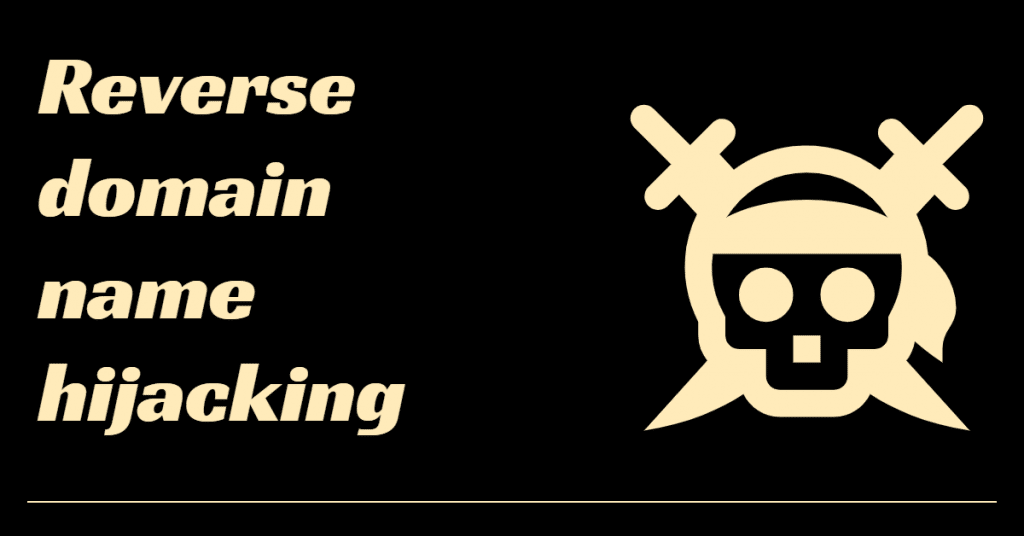YOUR AD HERE
Andrew Allemann Leave a Comment October 4, 2024
The domain was clearly not registered in bad faith.

It should give you pause when a domain registered at CSC gets hit with a UDRP.
CSC mainly caters to brandholders. While it’s possible that a CSC client is cybersquatting, it should at least raise a flag.
That’s the case in a decision published today.
Polydec SA filed a dispute against Polydec.com, which is registered to Knauf Information Services GmbH.
The Complainant, which uses the domain polydec.ch, creates precision parts for the medical, watchmaking, automotive, and electronics industries. It was founded in 1985.
The domain was registered in 1998 on behalf of the French POLYDEC group of companies. The Respondent acquired one of those companies in 2013.
Polydec SA argued that the Respondent’s rights to the mark had expired, it no longer has a reason to use the domain, and the domain hasn’t resolved to a website for years.
Um, yeah, that’s not cybersquatting.
Panelist Adam Talor found in Knauf Information Services’ favor and that this was a case of reverse domain name hijacking. He wrote:
The Complaint acknowledges that the disputed domain name was registered in 1998 and does not contend for a later material registration date, albeit that the Complainant refers to the Respondent’s acquisition of the business in 2013. Either way, the Complainant should have realised that both dates predated the Complainant’s registered trade mark rights, and the Complainant should have addressed the reasons why such registration or acquisition of the disputed domain name should nonetheless be treated as having been undertaken in bad faith. Furthermore, the Panel considers that the Complainant was well aware that the disputed domain name had been registered or acquired legitimately in the context of an entirely different industry to the Complainant, even providing evidence of the expired trade marks owned by the Respondent’s predecessors. The Complainant, or at least its representatives, must have appreciated that there was no prospect of proving that the disputed domain name had been registered in bad faith, a mandatory requirement of the Policy.
Yet the Complaint made no real effort to establish registration in bad faith, and instead confined itself to claiming use in bad faith. Even here, the Complaint relied on a number of hopeless contentions based principally on the alleged (and, indeed, unproven) “refusal” of the Respondent to comply with the Complainant’s request to transfer the disputed domain name to the Complainant.
Infosuisse represented the Complainant, and the Respondent was self-represented.
About Andrew Allemann
Andrew Allemann has been registering domains for over 25 years and publishing Domain Name Wire since 2005. He has been quoted about his expertise in domain names by The Wall Street Journal, New York Times, and NPR. Connect with Andrew: LinkedIn - Twitter/X - Facebook
Get Our Newsletter
Stay up-to-date with the latest analysis and news about the domain name industry by joining our mailing list.
No spam, unsubscribe anytime.
 11 months ago
47
11 months ago
47







 English (US) ·
English (US) ·